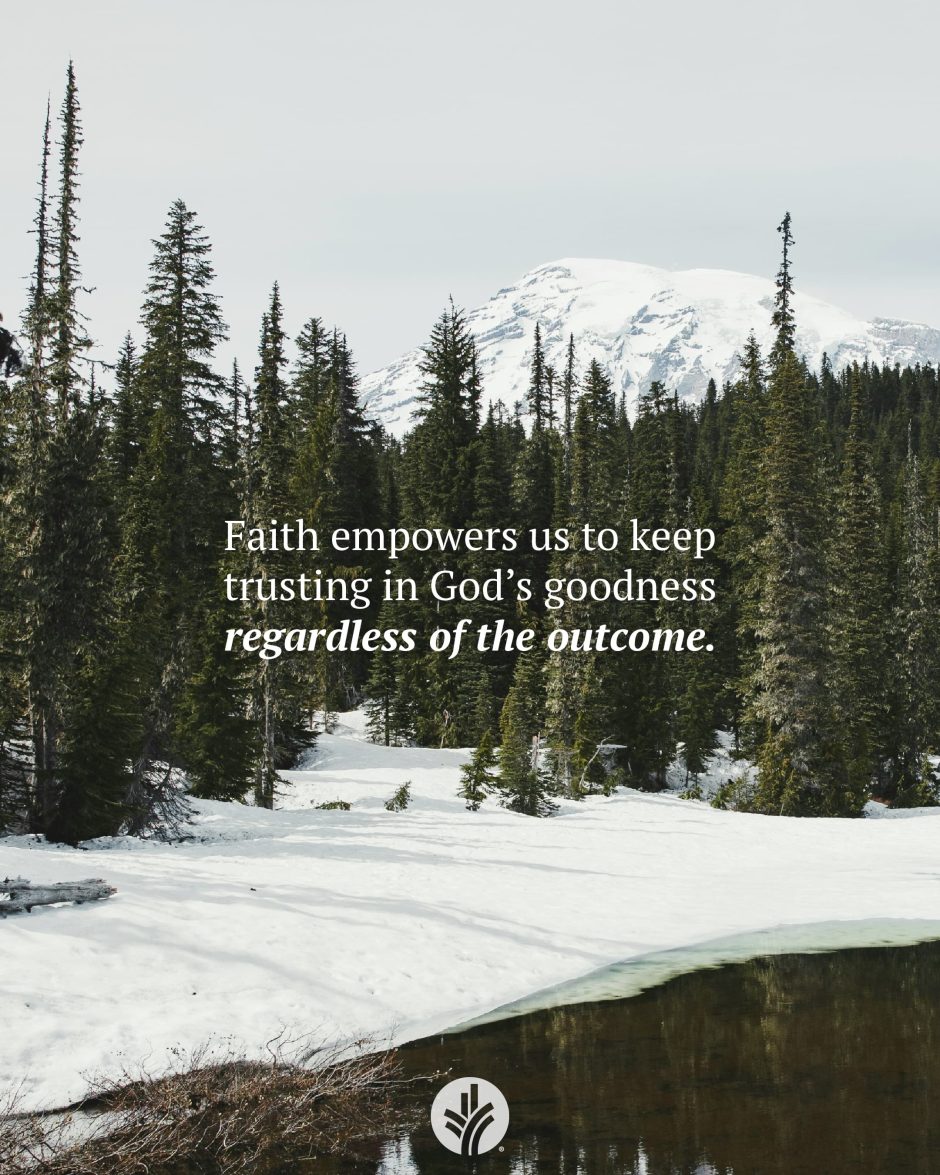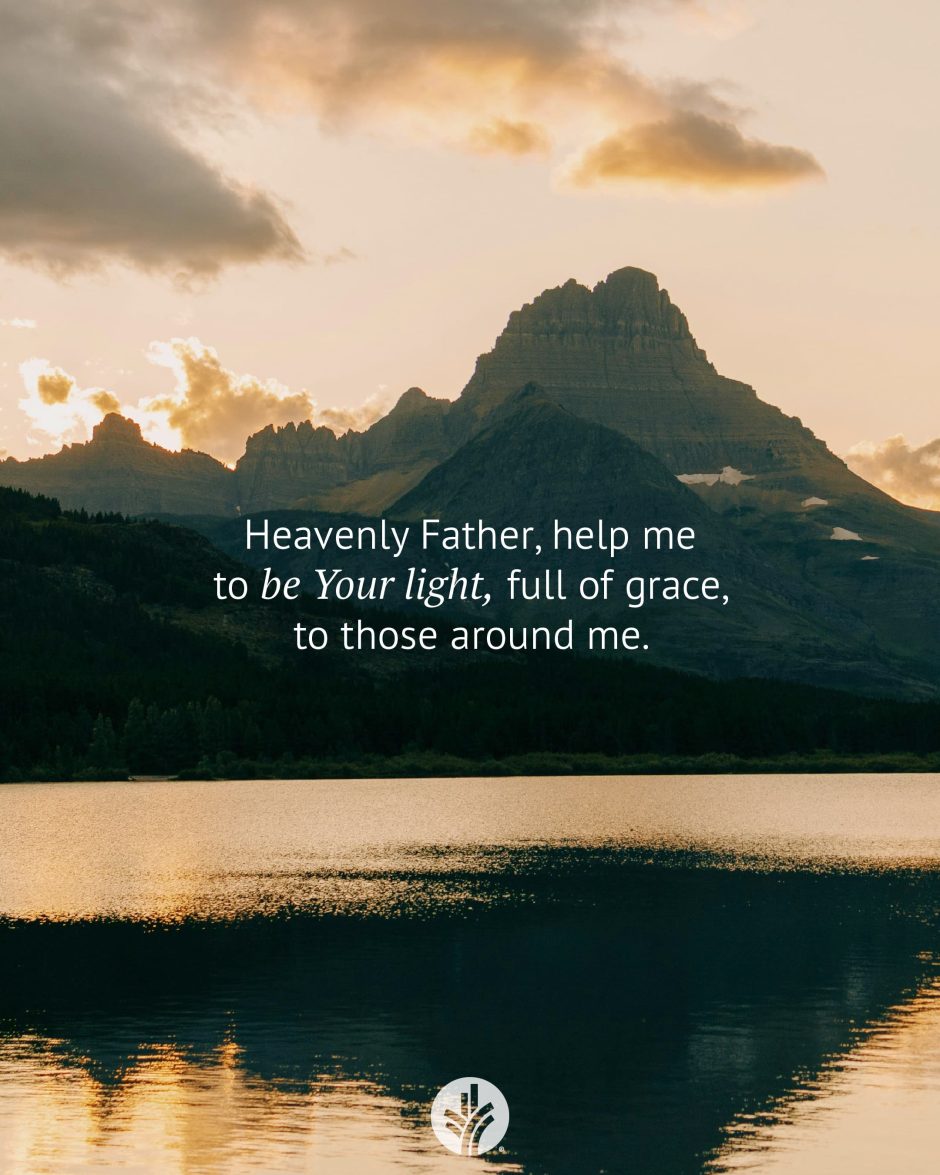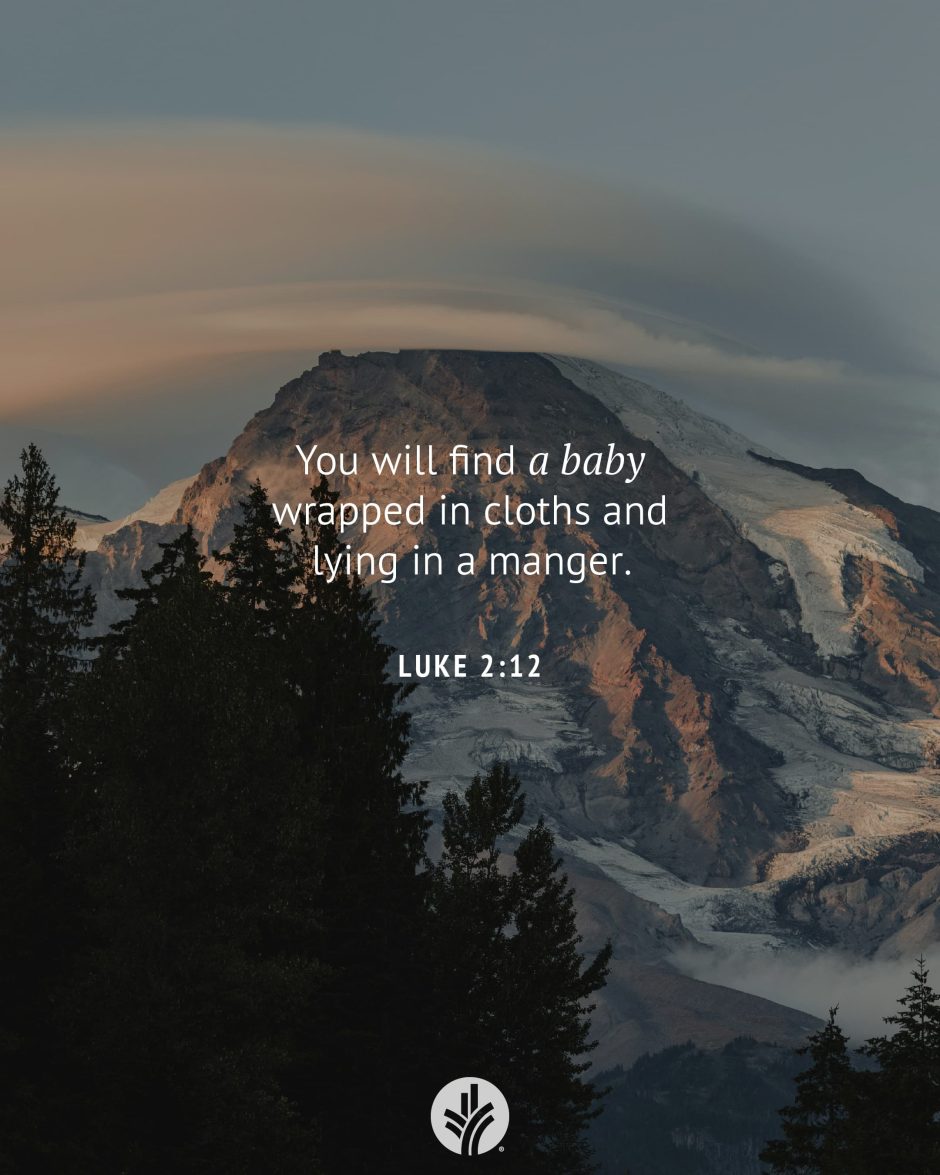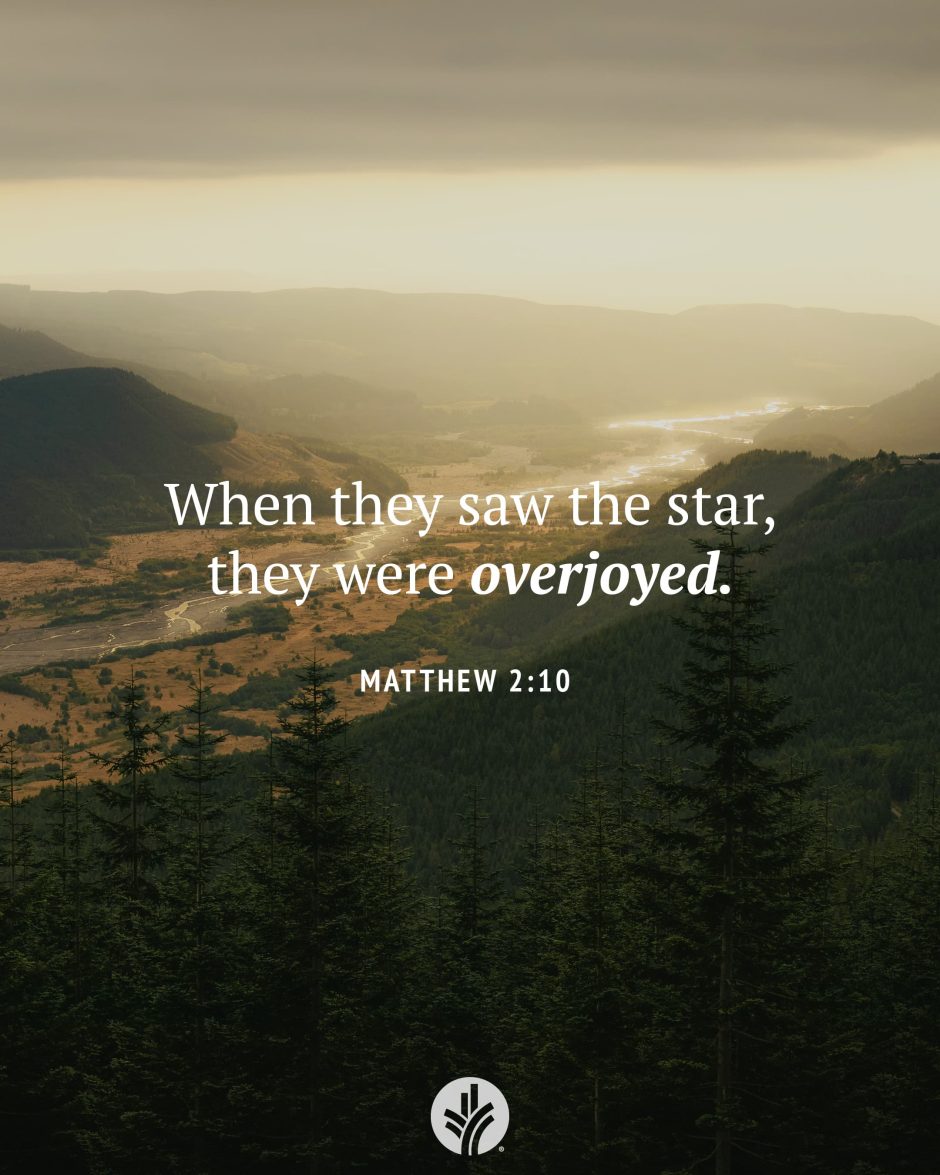
Step in Faith
John was devastated when he lost his job. Closer to the end of his career than the beginning, he knew it would be hard to start over somewhere new. He started praying for the right job. Then John updated his resume, read interview tips, and made a lot of phone calls. After weeks of applying, he accepted a new position with a great schedule and an easy commute. His faithful obedience and God’s provision had met at the perfect intersection.
A more dramatic instance of this occurred with Jochebed and her family during the time of Israel’s enslavement in Egypt. When Pharaoh decreed that all newborn Hebrew sons must be cast into the Nile (Exodus 1:22), Jochebed must have been terrified. She couldn’t change the law, but there were some steps she could take to obey God and try to save her son. In faith, she hid him from the Egyptians. She made a little, watertight reed basket (2:3), then sent her baby boy down the river. God stepped in to miraculously preserve his life (v. 10) and later used him to deliver all of Israel from slavery (3:10).
John and Jochebed took very different steps, but both stories are marked by faith-filled action. Fear can paralyze us. Even if the result isn’t what we expected or hoped for, faith empowers us to keep trusting in God’s goodness regardless of the outcome.

Acts of Grace
In the novel About Grace, David Winkler longs to find his estranged daughter, and Herman Sheeler is the only person who can help him. But there’s a hitch. David’s daughter was born from David’s affair with Herman’s wife, and Herman had warned him never to contact them again.
Decades pass before David writes to Herman, apologizing for what he’s done. “I have a hole in my life because I know so little about my daughter,” he adds, begging for
How should we treat those who’ve wronged us? The king of Israel faced this question after his enemies were miraculously delivered into his hands (2 Kings 6:8-20). “Shall I kill them?” he asks the prophet Elisha. No, Elisha says. “Set food and water before them so that they may eat and drink and then go back to their master” (vv. 21-22). Through this act of grace, Israel finds peace with its enemies (v. 23).
Herman replies to David’s letter, invites him to his home and cooks him a meal. “Lord Jesus,” he prays before they eat, “thank you for watching over me and David all these years.” He helps David find his daughter, and David later saves his life. In God’s hands, our acts of grace toward those who’ve wronged us often result in a blessing to us.

Face Time with God
The year 2022 was very special for my wife and me. That’s the year our granddaughter, Sophia Ashley, was born—the only granddaughter of our eight grandchildren. Sophia’s grandparents haven’t stopped smiling! When our son calls via video, the excitement gets ramped up even more. My wife and I may be in different rooms, but her joyful shrills reveal that she’s getting a glimpse of Sophia. Seeing those we love from afar is now only a call or click away.
The ability to see the person we’re talking to on the phone is relatively new, but face time with God—prayer with a conscious awareness of being in His presence—is not. David’s prayer in Psalm 27—said in the midst of opposition that required assistance beyond the capability of the closest human allies (vv. 10-12)—includes these words: “My heart has heard you say, ‘Come and talk with me.’ And my heart responds, ‘
Difficult times rightly compel us to “seek his face,” but that’s not the only time we can or should be in face-to-face fellowship with the one in whose “presence is fullness of joy.” At His “right hand are pleasures forevermore” (16:11

Welcome Baby Jesus
It felt like we’d been waiting forever for news that our pregnant neighbor had welcomed her first baby. When a sign declaring “It’s a Girl!” finally appeared on their front lawn, we celebrated the birth of their daughter and texted friends who might not have seen the outdoor display.
There’s great excitement awaiting the arrival of a baby. Before Jesus’ birth, the Jewish people hadn’t just been waiting a few months, they’d longed for the birth of the messiah, Israel’s expected rescuer, for generations. I imagine that over the years faithful Jews wondered if during their lifetime they would see the fulfillment of this promise.
One night the long-anticipated news was displayed in the heavens when an angel appeared to shepherds in Bethlehem announcing that the messiah had finally been born. He told them, “This will be a sign to you: You will find a baby wrapped in cloths and lying in a manger” (Luke 2:12). After the shepherds saw Jesus, they praised God and “spread the word” (v. 17) about the baby.
God wanted the shepherds to know that the long-awaited baby had arrived so they could tell others about Jesus’ birth. We still celebrate Jesus’ birth because His life provides rescue from the brokenness of the world to anyone who believes. We no longer have to wait to know peace and experience joy, which is good news worth announcing!

